Yoorrook Justice Commission final hearings ‘a watershed moment’ for Indigenous advancement
As the nation’s first formal truth-telling body gears up for its final hearings, the woman overseeing the process is optimistic it represents a ‘watershed moment’.
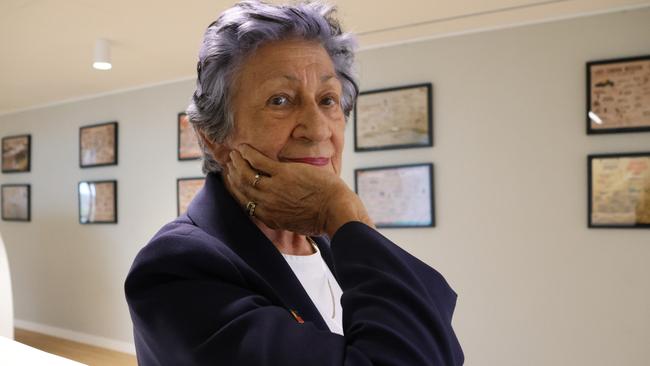
As the nation’s first formal truth-telling body gears up for its final hearings, the woman overseeing the process says first peoples are conscious the inquiry will not reverse history but are optimistic it represents a “watershed moment”.
Sitting down with The Australian ahead of the last round of hearings that begin on March 25, the chairwoman of Victoria’s Yoorrook Justice Commission, Eleanor Bourke, also known as Aunty Eleanor, says the weight of expectation from Indigenous communities about what the commission will deliver is heavy. “It’s the first (truth-telling body) in Australia so that in itself is a great responsibility and a great weight really for many of us and for our people, and our people’s expectations are always high to do most for them,” Bourke says.
“Meeting our people in the way I’ve been able to, including some of my own family coming into this room, has been really important because it sort of makes you aware that some things haven’t changed at all for some people.”
The purpose of the inquiry is to establish an official record of the impact of colonisation on first peoples in Victoria, as well as make recommendations for practical action and reform. It is designed to run in parallel to Victoria’s treaty process.
Bourke is due to sit with Yoorrook commissioners Sue-Anne Hunter, Travis Lovett, Maggie Walter and Anthony North KC later this month to hear testimonies from first peoples, descendants of colonisers, as well as Premier Jacinta Allan.
“We’re very conscious of what we’ve lost, knowing we can’t get it back in the same way it was. But what should we be doing now?”
The Wergaia/Wamba Wamba elder joined Yoorrook – the Wamba Wamba word for truth – in 2021 and has dedicated much of her life to advancing Aboriginal affairs.
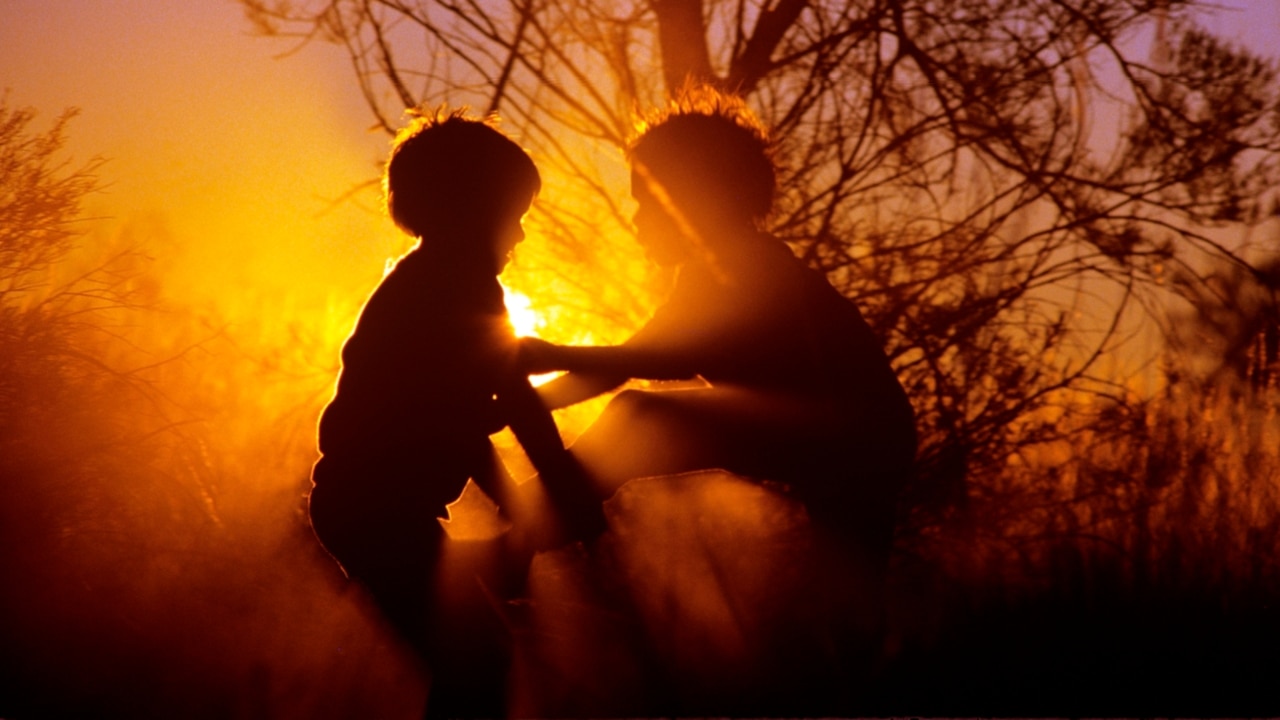
After moving to Melbourne at the age of 20, Bourke joined the Aboriginal Advancement League, the go-to place for Indigenous people that dealt with everything from organising social events to finding accommodation. She found herself embedded in political life through her involvement with the league, which also helped build momentum for the successful 1967 referendum that repealed a section of the Constitution that discriminated against Aboriginal and Torres Strait Islander people.
From then on, Bourke cemented her resume as one fiercely concerned with advancing Indigenous rights, with her roles including Reconciliation Victoria co-chairwoman, Victorian Aboriginal Heritage Council board member and Victorian Treaty Advancement Commission working group chairwoman, as well as a string of appointments in academe.
Bourke says Victoria’s Aboriginal Protection Act from 1869 was “weaponised” and used to justify moving Aboriginal people off their country. “It’s a very important moment in history now as we go through this and as we come to the end (of Yoorrook),” she says, as the commission readies itself to investigate land injustice.
“Some of the things that people say to us, some days, is so moving. You never know when you’re going to be moved by certain things.”
She says the impact and opportunity Yoorrook will have for Indigenous people emerged when she travelled around towns in Victoria a few years ago. Bourke recalls one woman in Lake Tyers, who approached the commissioners. While they were not seeking evidence or statements at the time, the woman brought a piece of paper with her and read out a list of everything she wanted to say.
“And for me that was, you know, that really made me sit up and think: ‘Gosh, there’s going to be so many people like this,’ ” Bourke says. “The watershed moments for me are the strength of people, regardless of how badly they’ve been treated; they want to tell that story, they still want somebody to hear it.”
After witnessing and even helping mobilise pivotal moments for Indigenous rights, such as the first four successful native title determinations in 2005, the passing of the Aboriginal Heritage Act in 2006, and the establishment of the Victorian Treaty Advancement Commission in 2018 and the First Peoples’ Assembly of Victoria in 2019, Bourke looked to the next step: a state treaty.
As the deadline for Yoorrook to hand in its final reform report to the First Peoples’ Assembly of Victoria nears, Bourke says it is still “hard to envisage’’ what treaties will do exactly. “The plan for First Peoples’ (Assembly) is to do a statewide treaty, which is one treaty, but there is the potential for traditional owners to do treaties around their space, where there are specific things to them,” Bourke says.
She says traditional owners may argue their case around schooling, health, education or even hope to have signs in Victoria with Aboriginal place names.
On the prospect of a treaty offering formal apologies, compensation and reparations, Bourke says there already have been “apologies galore”. “(Apologies have) been written on walls of buildings and every politician that’s been before us has apologised, some of them are quite genuine and well-thought out,” Bourke says.
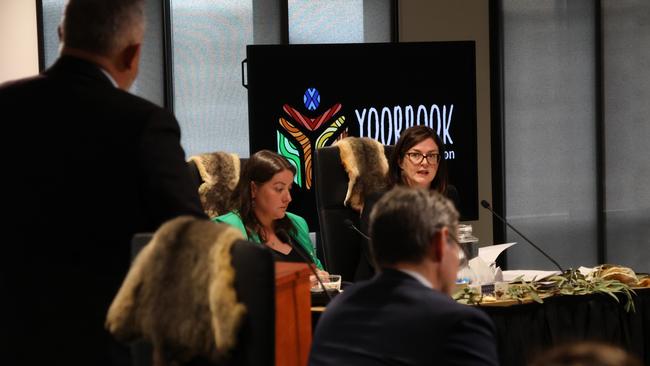
“We’re very conscious of what we’ve lost, knowing we can’t get it back in the same way it was. But what should we be doing now? And those different groups have to make a decision themselves.”
She says there is “a degree of racism … a degree of ignorance” when it comes to some of the public discourse around treaty, as she hints at “what happened recently and last year” – a reference to the failed Indigenous voice referendum.
Among some of the vocal critics of a treaty is Victorian Nationals leader Peter Walsh, who less than a week before Australia Day this year revealed the opposition had changed its mind on supporting the treaty process.
In 2022 the state opposition Aboriginal affairs spokesman had thrown his support behind legislation to set up a treaty authority. Walsh told The Australian in October last year he did not support the work of Yoorrook “so far”. “Following their last report no one knows where it will go,” he said at the time.
Similarly, Victorian Liberal leader John Pesutto has said he will focus on closing the gap while Allan pursues the treaty process.
Says Bourke: “There’s a need, I would say, for public education about what did happen to Aboriginal people under legislation that caused us to be in the situation that we’re still in and the losses that we had of language, land and aspects of our culture.”
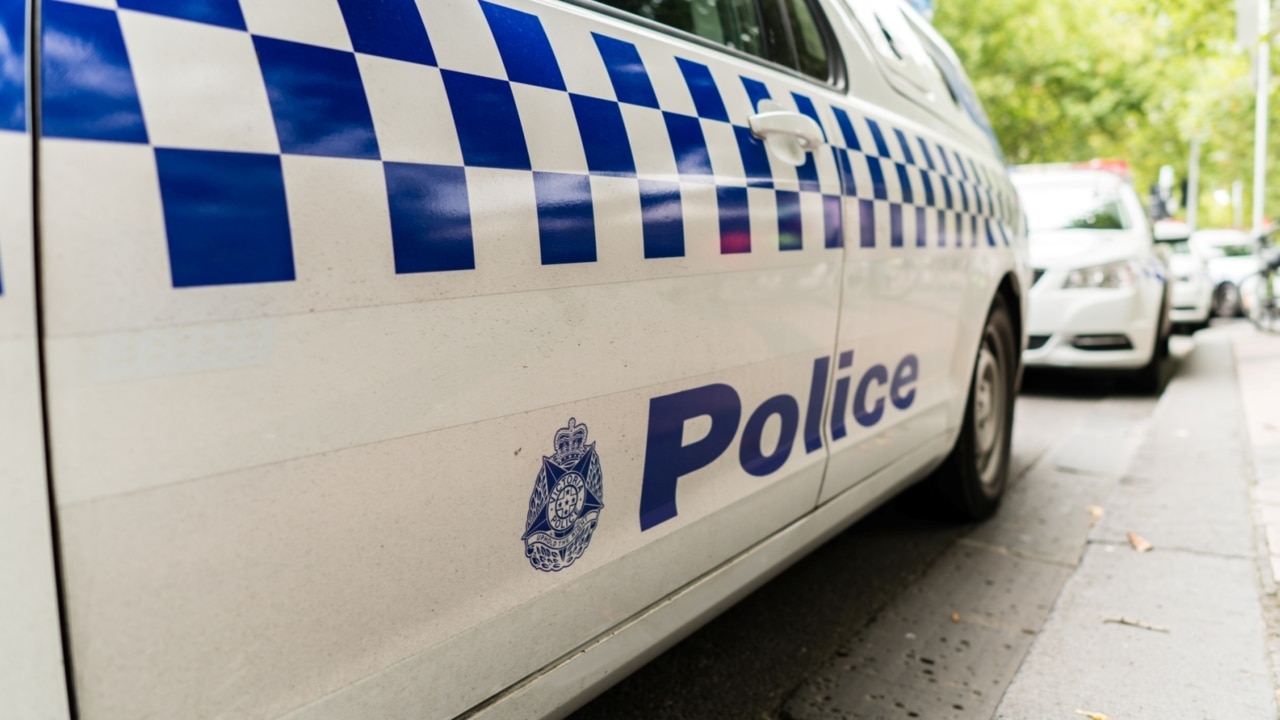
So far the commission has handed in two interim reports, including one on Victoria’s child protection and criminal justice systems that recommend juvenile detention be abolished for those under 16. It also has released issues papers outlining areas of focus, with the Yoorrook “land, sky and waters” inquiry promising to investigate “past and ongoing injustices caused by colonisation … in relation to (first peoples’) land” and states that colonisation had disrupted first peoples’ connections “through violence and the taking of land and destroyed their systems of governance”.
In evidence heard for its criminal justice and child protection report, the commission received an apology from Victoria Police Chief Commissioner Shane Patton – an important moment for the truth-telling body. At a hearing in May last year, Patton said “as a result of systemic racism, racist attitudes and discriminatory policies of police” that injustices had “gone undetected, unchecked and unpunished”, prompting the Yoorrook chairwoman to tell him: “Your apology must bring real change.”
In the same month, the commission experienced one of its most frustrating challenges when the state government failed to provide documents and evidence on time. This caused Yoorrook a one-month delay.
Reflecting on her life and career, as well as looking to the future, Bourke reminisces about her Indigenous grandmother, whom she credits as a “great influence” and one of the reasons she is so proud of her Aboriginality. “I was very proud of who we were. Because my grandmother was a proud woman,” she says. “When I moved to Melbourne, it changed my life.”


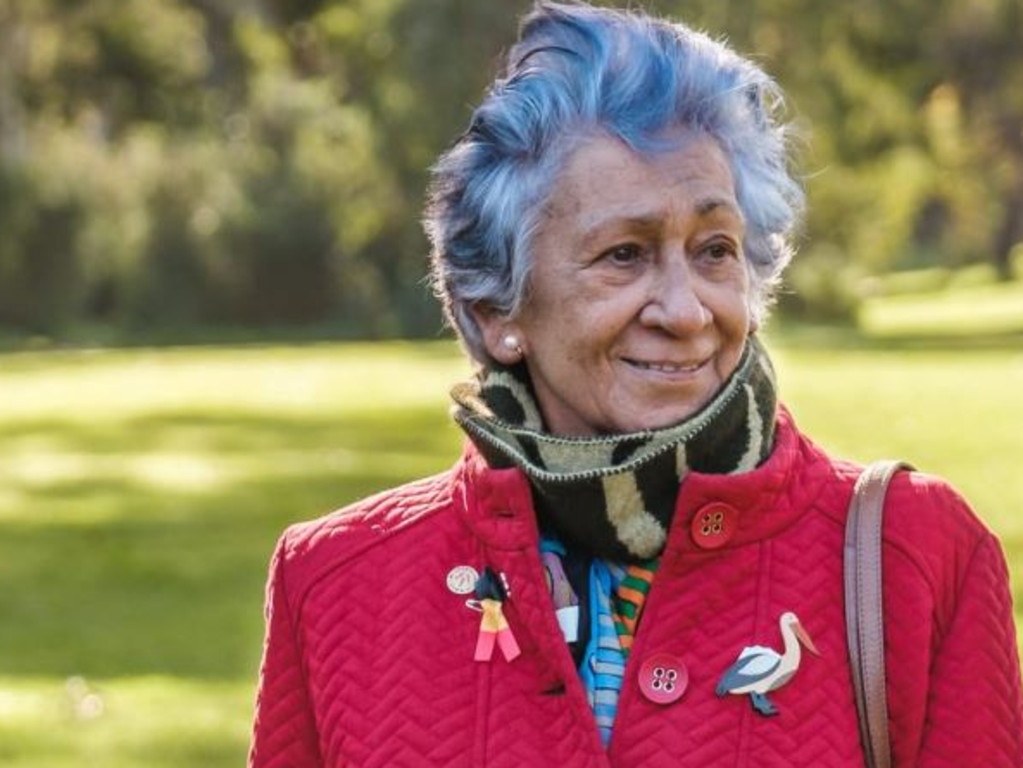

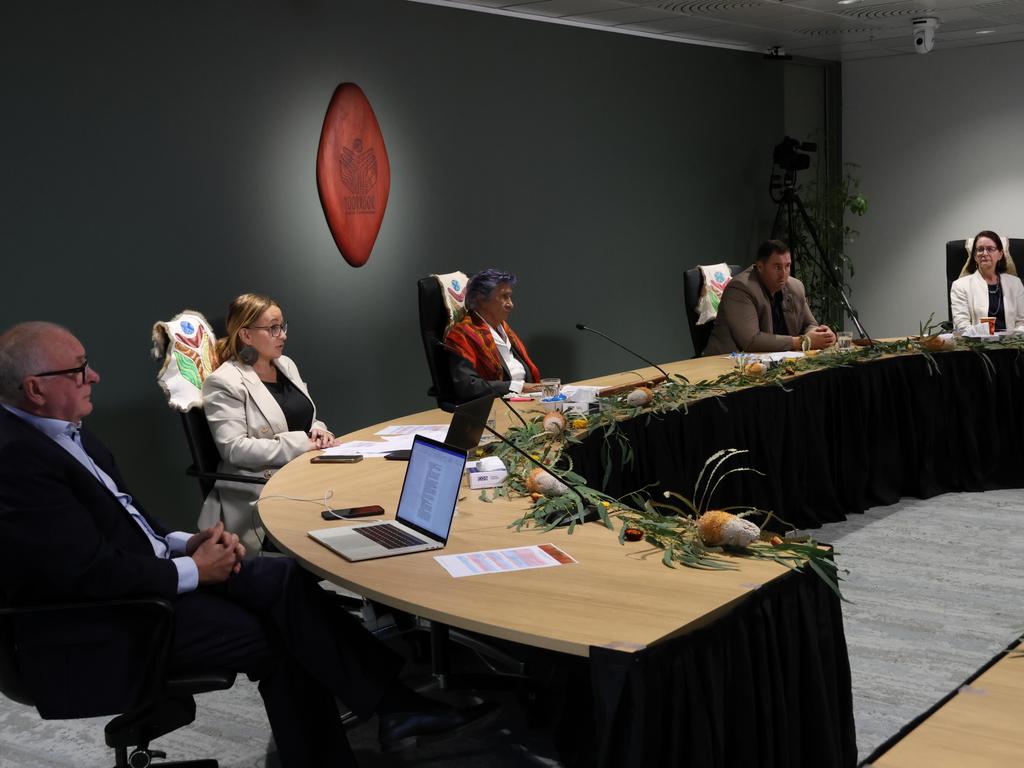
To join the conversation, please log in. Don't have an account? Register
Join the conversation, you are commenting as Logout